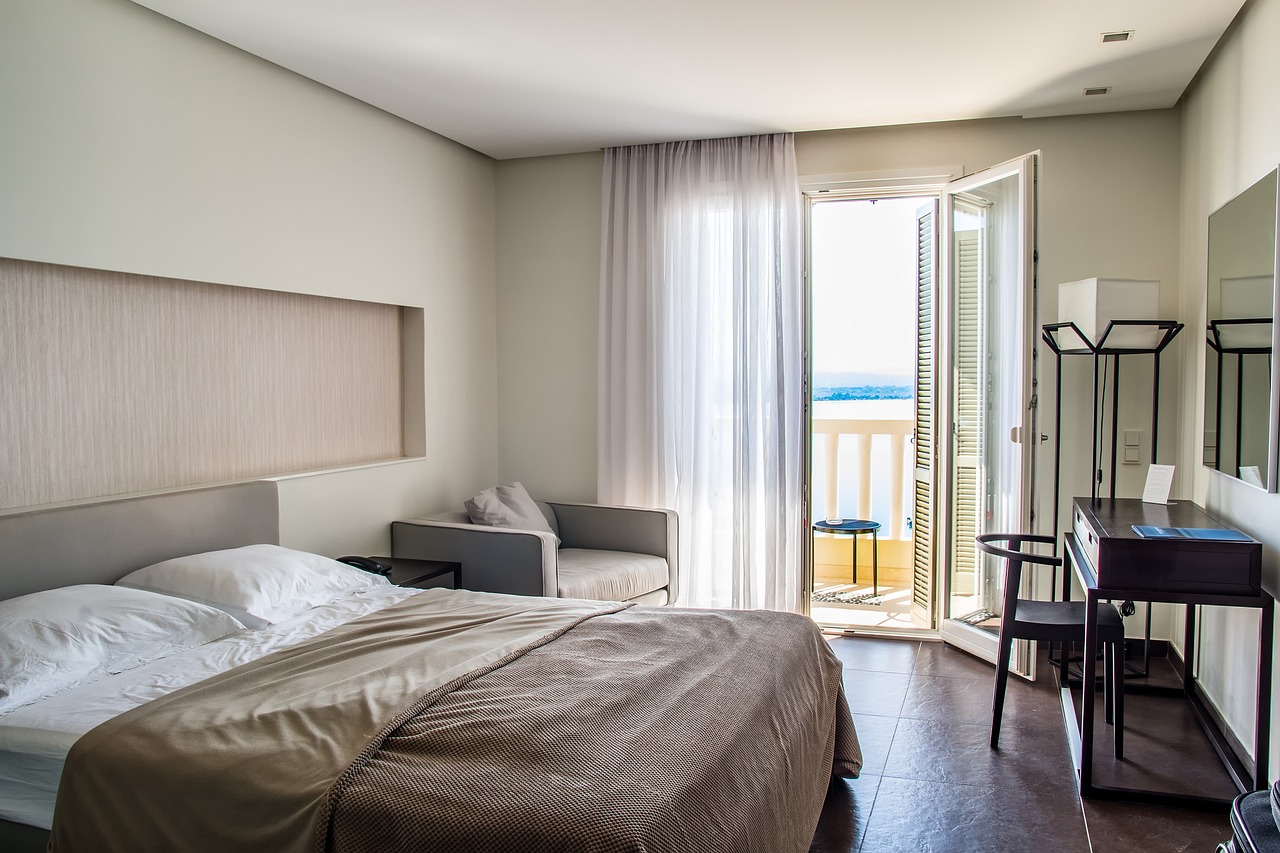Traveling with special needs can be challenging, but the right hotel accommodations can make all the difference. Discover how hotels are stepping up to meet the diverse requirements of travelers with special needs.


Understanding the Needs of Travelers with Physical Disabilities
Travelers with physical disabilities often require specific accommodations to ensure their stay is comfortable and accessible. This may include features such as wheelchair ramps, accessible bathrooms with grab bars, and elevators that can accommodate mobility devices.
Additionally, the location of the room within the hotel can be important. Proximity to amenities like the dining area, lobby, or pool can enhance the overall experience. Hotels that understand and anticipating these needs, can create a more inclusive environment for all guests.
Catering to Medical Needs: From Oxygen Tanks to Refrigerated Medications
Travelers with medical needs require special considerations to ensure their health and safety during their stay. When choosing a hotel, consider those that offer refrigeration for medications, access to electrical outlets for medical devices, and secure storage for medical supplies. Some travelers may also require access to oxygen tanks or other specialized medical equipment.
Communication is key in these situations. You should inform the hotel of their medical needs ahead of time, allowing staff to make the necessary arrangements. This proactive approach helps in avoiding any last-minute issues and ensures that your stay is as comfortable and stress-free as possible.
Creating a Safe Space for Neurodivergent Travelers
Neurodivergent travelers, including those with autism, ADHD, or sensory processing disorders, require environments that cater to their unique needs. Seek out hotels that provide secure and comfortable environments by offering quiet rooms, sensory-friendly settings, and staff trained to comprehend and meet the needs of neurodivergent guests.
Basic requests like installing blackout curtains, soundproofing rooms, and offering diverse lighting options can greatly impact the experience. Furthermore, seek out hotels that offer flexible check-in and check-out times and ensure easy access to tranquil areas. This approach can help neurodivergent travelers feel more comfortable during their stay.

ADA Accommodations in the United States: What to Expect
In the United States, the Americans with Disabilities Act (ADA) ensures that hotels provide specific accommodations for guests with disabilities. This includes accessible entrances, public spaces, and guest rooms. Common features you can expect in an ADA-compliant hotel room include widened doorways, roll-in showers, grab bars, and lowered countertops and light switches.
Hotels are also required to have accessible parking spaces and pathways that connect all the essential areas of the property. Staff training is a critical component of ADA compliance, ensuring that employees can assist guests with a range of disabilities effectively and respectfully.
International Accommodations: Navigating Global Standards
Traveling internationally with special needs can present additional challenges, as accommodations and standards vary widely from country to country. While some nations have robust disability laws and accessible infrastructure, others may lack comprehensive regulations or resources. Collaborate with your travel advisor to investigate the particular accommodations offered at your destination and to convey your requirements to the hotel beforehand.
Travelers can also benefit from consulting international disability travel resources and organizations that provide information on accessible travel. By being well-informed and proactive, travelers with special needs can better navigate the varying global standards and ensure a more comfortable and enjoyable stay.
If you have further inquiries about traveling with special needs, feel free to contact us to discuss your next journey.
Signup below to join our Monthly Newsletter!

